The system is based on more than 30 million clinical case data, covering over 6000 diseases. The powerful knowledge base ensures the normativity of conversational interaction and the accuracy of diagnosis results.
Overview of the solution
The Intelligent Medical Assistant utilizes AI robot to simulate clinical doctor's thinking in conducting medical consultations with users through natural language interaction. It intelligently collects user's medical information and combines it with medical knowledge graph and machine learning models to evaluate the likelihood of a user's disease condition, provide health management suggestions and intelligently recommend registration and triage according to the needs of the patient. For users with abnormalities or critical conditions, it provides timely reminders and processing recommendations. After diagnosis, the Intelligent Medical Assistant provides users with personalized health management plans, reminds and supervises them on their health tasks, and promptly reminds them to pay attention to their health status. Through the Intelligent Medical Assistant, users can conduct health self-tests anytime and anywhere, acquire medical knowledge, understand their own health status, and obtain health management plans. When necessary, it can help users seek medical attention in a timely manner, thereby avoiding delays in treatment.
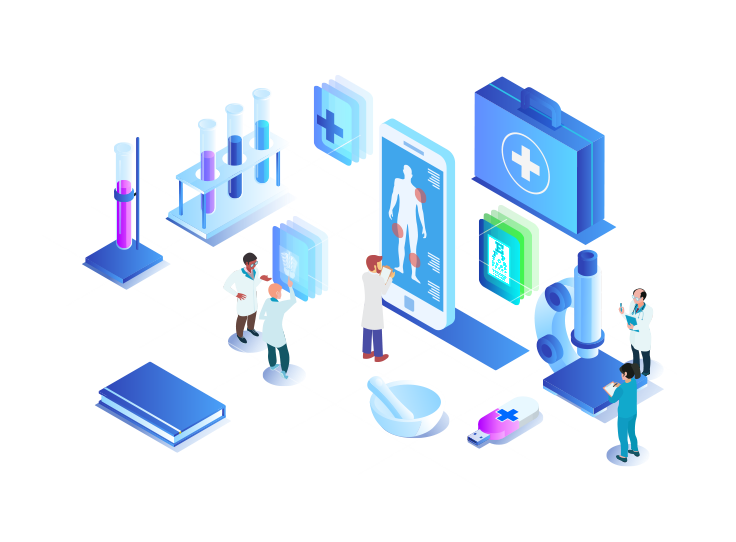
Function introduction
-
 01
01
Front-end features
1.Intelligent Health Record Management
Based on the collection of medical history and diagnostic data reported by users, personalized intelligent health profiling services are provided to trace the user's health history and assist in identifying health abnormalities, as well as providing health management suggestions.
Medical history collection: guide users to input information according to templates, and the system generates medical history reports automatically;
Disease analysis: based on user input information, provide authoritative disease knowledge explanations, including disease introduction, treatment, life care, and disease prevention, etc.;
Health report: based on data collected from each user's visit, generate a user-specific health report, which includes the user's medical history, health status, health management plan, etc.
-
 02
02
Front-end features
2.Intelligent Pre-diagnosis Guidance
Through intelligent interaction, complete intelligent triage and provide users with intelligent pre-diagnosis guidance based on the results of the triage, including intelligent appointment recommendations and triage, real-time reminders for abnormal and critical situations, and provide an intelligent triage summary.
Standardized triage: supported by a massive medical knowledge graph, it simulates doctor's inquiry process and intelligently collects user's medical information and dynamically asks questions based on the user's reply to help users understand the condition in-depth and avoid missed diagnosis due to ignoring key symptom information;
Intelligent appointment triage: based on the user's basic information and triage results, recommend suitable hospitals, departments, and doctors to the user, and provide an intelligent triage service when necessary;
Real-time reminders for abnormal critical situations: During the conversation, according to the result of the medical analysis, remind the patient of the abnormal or critical situation and give processing suggestions;
Intelligent triage summary: After the triage is completed, a patient's triage summary can be automatically generated based on the content of the dialogue, and health management suggestions and subsequent processing process recommendations can be provided and sent to the user.
-
 03
03
Front-end features
3.Intelligent Post-diagnosis Health Management
Synchronize the user's outpatient information (with the user's authorization) to the platform and provide users with intelligent post-diagnosis health management services based on the outpatient information. Through health reminders, assessments, and daily guidance services, patients are taken care of during their recovery journey.
Personalized health management plan: Provide users with personalized health management plans, including follow-up visits, diet, exercise, education, and other content, to guide users to maintain a healthy body;
Health reminders and warnings: Based on the user's daily health plan, send reminders or warnings through outbound calls, messages, etc., to help users execute their health management plans;
Supervision of health task execution: Automatically generate daily health check-in tasks, including key indicators, diet, exercise, medication, etc., to supervise users to perform health tasks on time.
-
 04
04
Back-end support
Knowledge Graph: Based on more than 30 million clinical case data, more than 10 million medical term sets (diseases, symptoms, drug tests, inspections, and surgeries), 300+ medical natural language processing models, etc. We build an industry-leading medical knowledge graph that covers 20 types of medical entities, 200 types of relationships, millions of edges, and over 6000 diseases. The powerful knowledge base ensures the normativity of conversational interaction and the accuracy of diagnosis results.
Diagnosis Model: By integrating medical knowledge graph and deep learning model, we form a diagnosis model based on the intelligent decision-making system, which is constantly updated with the accumulation of user data. It supports intelligent inquiry and health management applications.
Intelligent Interaction: With the support of intelligent engines such as intelligent speech recognition, intelligent speech synthesis, intelligent semantic understanding, and intelligent image recognition, our intelligent interaction robot follows medical inquiry norms, possesses multi-modal intelligent interaction logic, and is equipped with industry-leading natural language dialogue interaction technology. It supports diversified business scenarios and continuously optimizes the effect as the user uses it. This application supports user health information collection, intelligent inquiry, and health management.
Data Visualization: By storing and processing user data, disease data, medical resource data, etc. in the big data center, the system provides comprehensive visualization of various data types. The data can also be associated with geographic information using the GIS platform. Examples of this type of data include user numbers and distribution, disease geographic distribution, disease population distribution, medical resource distribution, medical resource utilization rate, medical resource satisfaction, etc. Comprehensive visualization of data can be achieved through a large screen display.
1.Intelligent Health Record Management
Based on the collection of medical history and diagnostic data reported by users, personalized intelligent health profiling services are provided to trace the user's health history and assist in identifying health abnormalities, as well as providing health management suggestions.
Medical history collection: guide users to input information according to templates, and the system generates medical history reports automatically;
Disease analysis: based on user input information, provide authoritative disease knowledge explanations, including disease introduction, treatment, life care, and disease prevention, etc.;
Health report: based on data collected from each user's visit, generate a user-specific health report, which includes the user's medical history, health status, health management plan, etc.













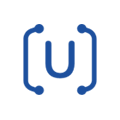







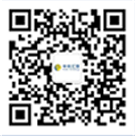
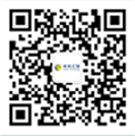
 京ICP备05046823
京ICP备05046823